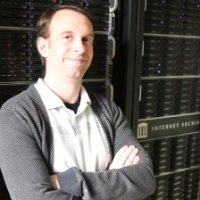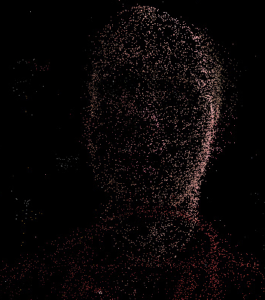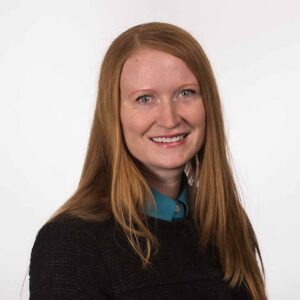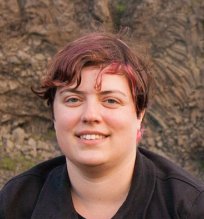
In a way the Russians caused the Internet. This talk will describe how that happened (hint: it was not actually the Bomb) and follow the path that has led to the current Internet of (unpatchable) Things (the IoT) and the Surveillance Economy.
Scott Bradner was involved in the design, operation and use of data networks at Harvard University since the early days of the ARPANET. He was involved in the design of the original Harvard data networks, the Longwood Medical Area network (LMAnet) and New England Academic and Research Network (NEARnet). Bradner was founding chair of the technical committees of LMAnet, NEARnet and the Corporation for Research and Enterprise Network (CoREN). Read more
Event details
Location: E25-202
We will provide lunch, please bring your own drink and your questions.
Information Science Brown Bag talks, hosted by the Program on Information Science, consists of regular discussions and brainstorming sessions on all aspects of information science and uses of information science and technology to assess and solve institutional, social and research problems. These are informal talks. Discussions are often inspired by real-world problems being faced by the lead discussant.

 Terms like “virtual reality” and “augmented reality” have existed for a long time. In recent years, thanks to products like Google Cardboard and games like Pokemon Go, an increasing number of people have gained firsthand experience with these once-exotic technologies. The MIT Libraries are no exception to this trend. The Program on Information Science has conducted enough experimentation that we would like to share what we have learned and solicit ideas for further investigation.
Terms like “virtual reality” and “augmented reality” have existed for a long time. In recent years, thanks to products like Google Cardboard and games like Pokemon Go, an increasing number of people have gained firsthand experience with these once-exotic technologies. The MIT Libraries are no exception to this trend. The Program on Information Science has conducted enough experimentation that we would like to share what we have learned and solicit ideas for further investigation. Access to high-quality, relevant information is absolutely foundational for a quality education. Yet, so many schools across the developing world lack fundamental resources, like textbooks, libraries, electricity and Internet connectivity. The
Access to high-quality, relevant information is absolutely foundational for a quality education. Yet, so many schools across the developing world lack fundamental resources, like textbooks, libraries, electricity and Internet connectivity. The 



